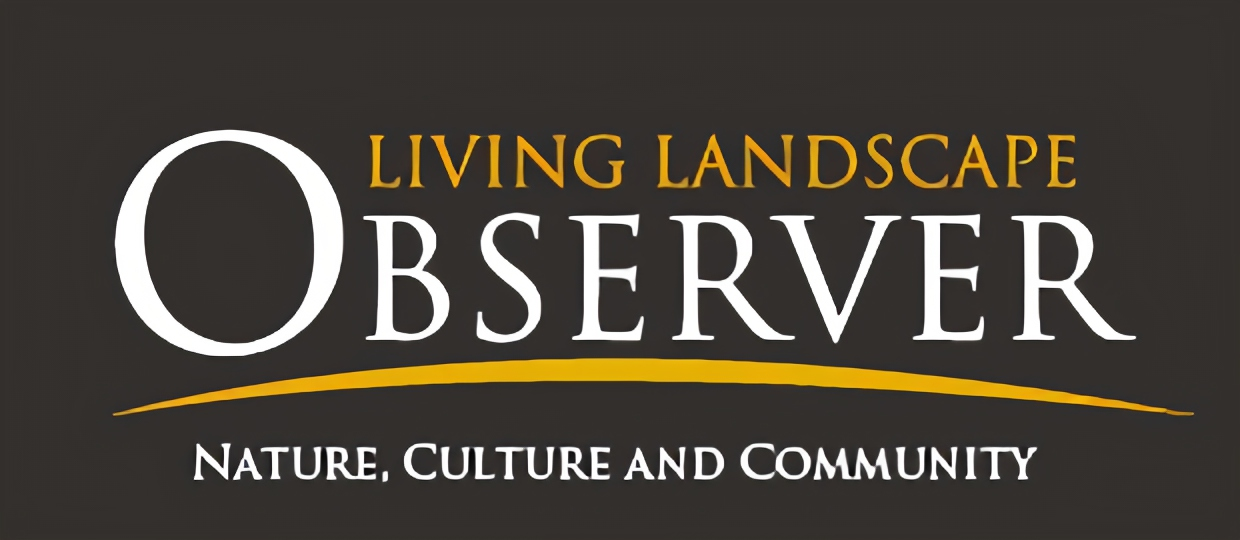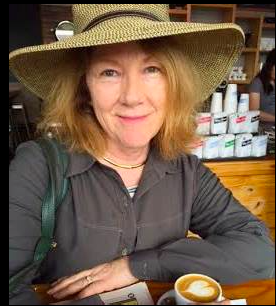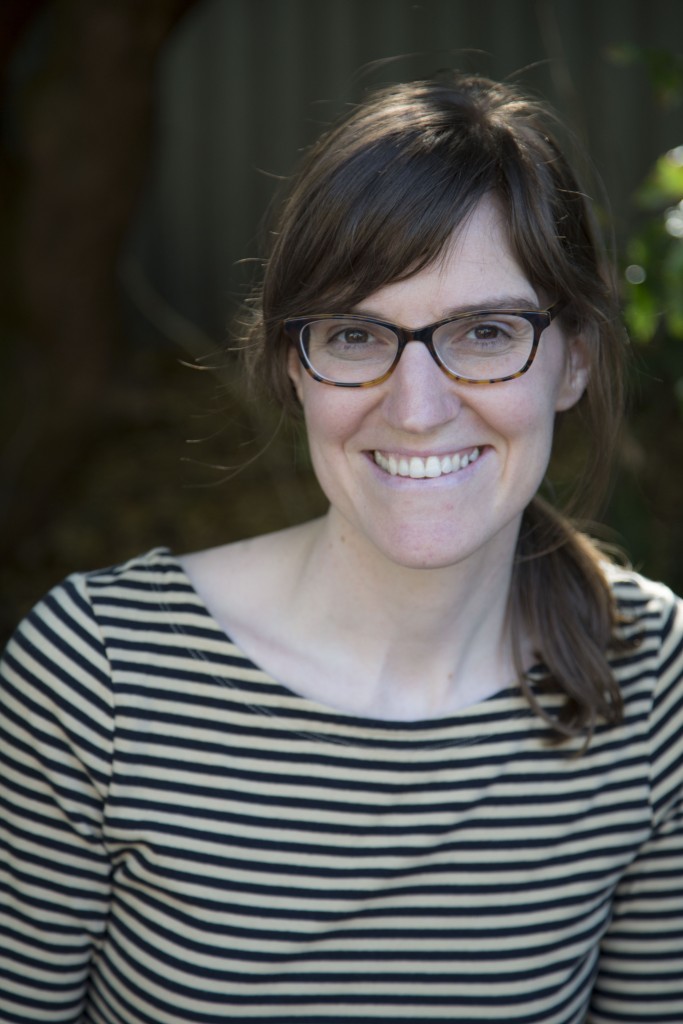To provide observations and information on the emerging fields of landscape scale conservation, heritage preservation, and sustainable community development.
Newsletter
Stay up-to-date with the latest nature, culture and community news.
We won’t spam you or share your information. Newsletters are sent approximately 10 times a year. Unsubscribe at any time.
Government Shutdown: US National Park Service in the Spotlight
Liberty of the Community
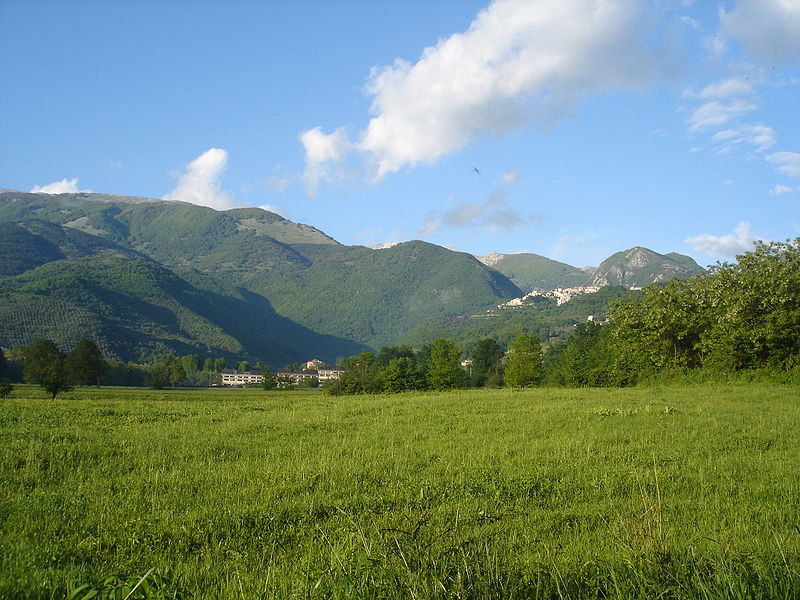
The Italian-New York Connections on Parks and Protected Areas
As an advocate of parks, protected areas and historic preservation in New York State and beyond, my interest has been less with the traditional public estate parks (local, state and national) and more with area wide parks, greenways, landscapes and heritage areas like the six million acre Adirondack Park, the 3 million acre Hudson River Greenway and state and national heritage areas. I expected to find historic landscapes in Italy that were being managed as parks, but thanks to the emerging effect of the European Union (“EU”) I found more park interest and activity than I expected.

Albany’s Downtown and Tomorrow’s Prospects
How can cities get creative in planning a future that draws on the past as well as new and emerging approaches to fundraising like crowdsourcing? Thoughts on how communities in New York State are approaching these questions and challenges.
Cultivate Parks to our Needs
How can our 20th century parks and protected areas meet the needs of 21st century users, while surviving ongoing funding challenges at the local, state and federal level.
New York State Parks Agency Dropped the Ball
Creativity and pride go into the protection of natural and historic treasures as parks. New York courts have protected parks with the public trust doctrine that requires legislative approval before discontinuing or compromising a municipal or state park. Sadly, the state Office of Parks, Recreation and Historic Preservation is walking away from responsibility for heritage areas.
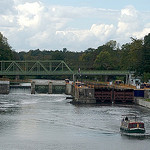
Erie Canal – Deserves Attention
The Erie Canal is approaching its bicentennial in 2025. It is hard to underestimate how transformational its creation was to the nation. Yet, why can’t we realize its potential as what former Gov. George Pataki called one of New York’s most valuable resources?

The Italian-New York Connections on Parks and Protected Areas
As an advocate of parks, protected areas and historic preservation in New York State and beyond, my interest has been less with the traditional public estate parks (local, state and national) and more with area wide parks, greenways, landscapes and heritage areas like the six million acre Adirondack Park, the 3 million acre Hudson River Greenway and state and national heritage areas. I expected to find historic landscapes in Italy that were being managed as parks, but thanks to the emerging effect of the European Union (“EU”) I found more park interest and activity than I expected.

Albany’s Downtown and Tomorrow’s Prospects
How can cities get creative in planning a future that draws on the past as well as new and emerging approaches to fundraising like crowdsourcing? Thoughts on how communities in New York State are approaching these questions and challenges.
Cultivate Parks to our Needs
How can our 20th century parks and protected areas meet the needs of 21st century users, while surviving ongoing funding challenges at the local, state and federal level.
New York State Parks Agency Dropped the Ball
Creativity and pride go into the protection of natural and historic treasures as parks. New York courts have protected parks with the public trust doctrine that requires legislative approval before discontinuing or compromising a municipal or state park. Sadly, the state Office of Parks, Recreation and Historic Preservation is walking away from responsibility for heritage areas.

Erie Canal – Deserves Attention
The Erie Canal is approaching its bicentennial in 2025. It is hard to underestimate how transformational its creation was to the nation. Yet, why can’t we realize its potential as what former Gov. George Pataki called one of New York’s most valuable resources?
